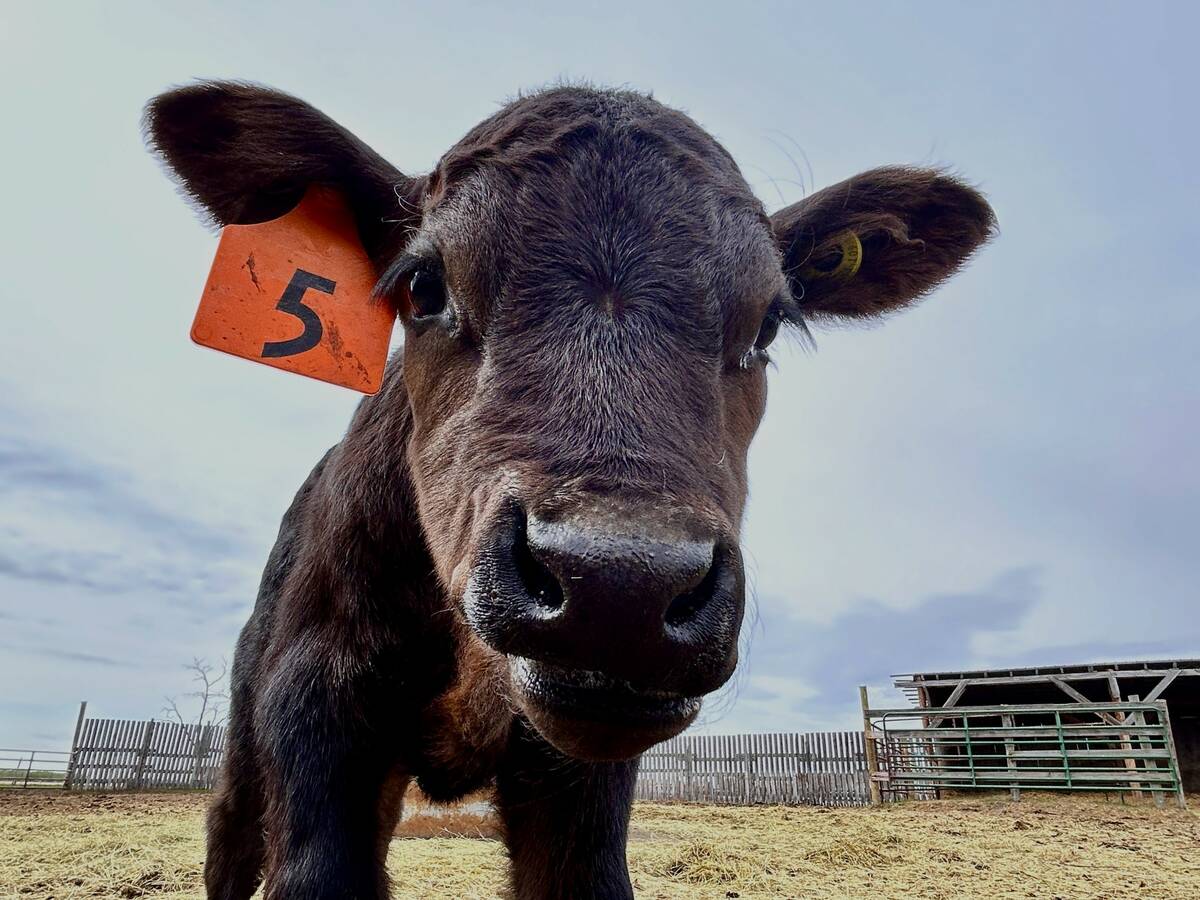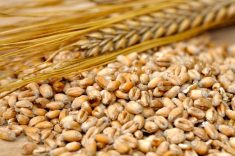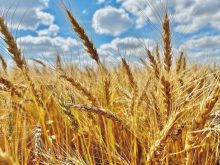Glacier FarmMedia MarketsFarm — As tariff issues continue to hover around the globe, there has been a sharp reduction in the number of cattle in Canadian feedlots, said Darcy Haley, vice-president of Ag Value Brokers in Lethbridge. And that has reduced the demand for feed grains in Western Canada to a trickle.
“The end user up here wanted to get those cattle across the line before there was a tariff, because they were $850 per head. They weren’t going to take any chances,” Haley explained.
He said despite there currently being no tariffs on Canadian cattle heading to the U.S., feedlots such as those in Lethbridge have been exporting as much as they can on fears there could be down the road.
Read Also

Health Canada stops sales of coccidiosis medication Deccox on procedural issue
Deccox, a medication to prevent coccidiosis in calves and other livestock, is temporarily off the market after Health Canada issued a stop sale order earlier this month.
“Replacement cattle are for the most part non-existent,” Haley stated, noting there’s too much risk to be had. With that, he estimated the demand for feed grains has dropped 20 per cent for this time of year.
With pastures soon to turn green, Haley said the demand for feed grains could get weaker and might not improve until October.
“Expect a very slow spring and summer,” he stated, pointing out that some feedlots have extended their March contracts into April because they have far fewer cattle to feed.
Haley said feed barley is currently priced around C$305 per tonne delivered Lethbridge, with U.S. corn imports up to C$8/tonne more but still competitive. Feed wheat is about C$318/tonne.
“Wheat is just kicked right out of the ration because it’s too expensive and the quality is too good,” he said and summarized the Prairie feed grain market. “The end user will absolutely not buy anything until they have to.”
















